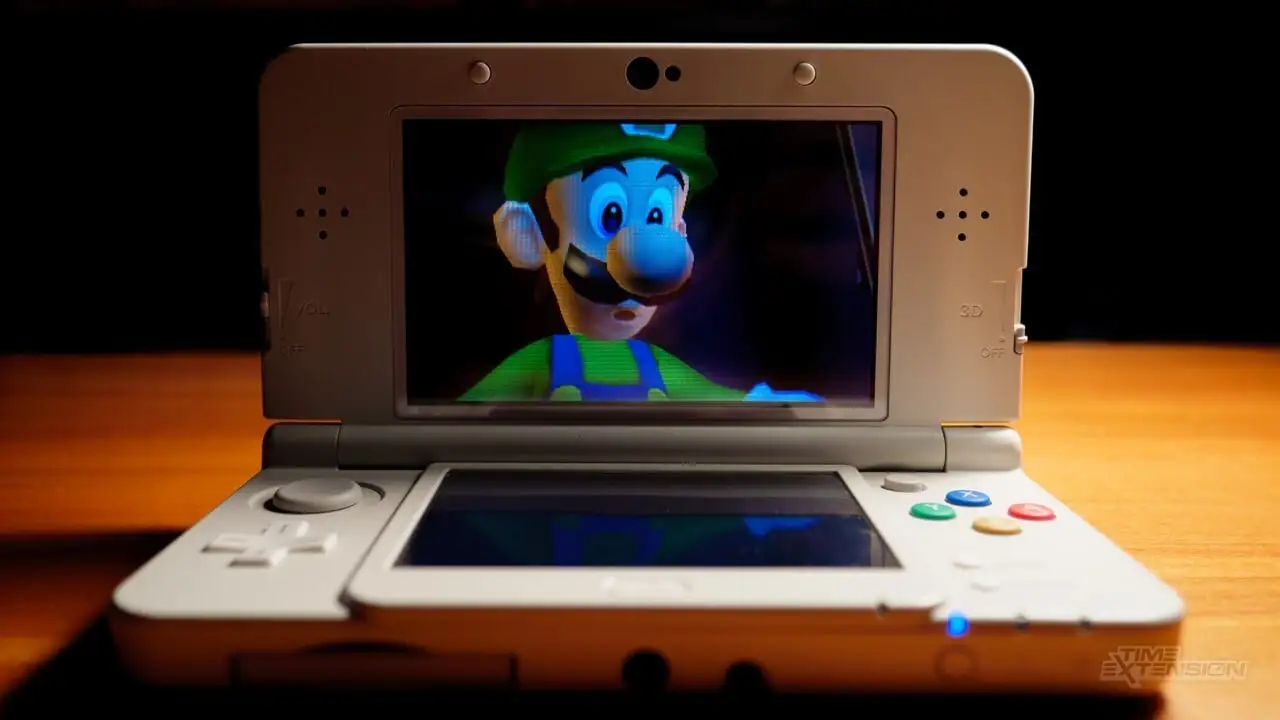The New Law that Reveals: We Don’t Own Digital Games
In the modern era, digital media has revolutionized how we consume entertainment. The shift towards streaming music and movies has made physical products less common. The same trend is now affecting video games, with over 90% of games sold in the UK being digital.
While digital media offers convenience—like instant access without the need to visit a physical store or manage multiple discs—it also comes with hidden terms and conditions. Digital storefronts are now required by California’s new law (AB 2426) to disclose that buyers do not hold unrestricted ownership over their digitally purchased content.
Key Points:
- Disclosure Requirement: Californian sellers must clearly state they are providing a license, not selling digital goods outright.
- Limited Ownership Rights: While this does not preclude the right to access your purchases temporarily, it highlights the transient nature of licensed media.
- Permanent Exclusions: The law does not apply when products can be permanently downloaded and is not applicable in situations where buyers are notified of terms clearly.
Implications:
This new law adds awareness that digital games, as well as other digital content, do not confer long-term ownership. It also brings to light the challenges of preserving retro or modern games through permanent downloads or physical media.
In the age of digital content, do you think it’s more important to own a permanent copy or have accessible licensed rights?



You do, though. EULAs are horseshit. You paid money for a product - that means it’s yours. As surely as you own any book, album, phone, table, or sandwich.
Language to the contrary needs to get tossed the fuck out, as surely as ‘shopping here means you can’t sue is in a real court.’